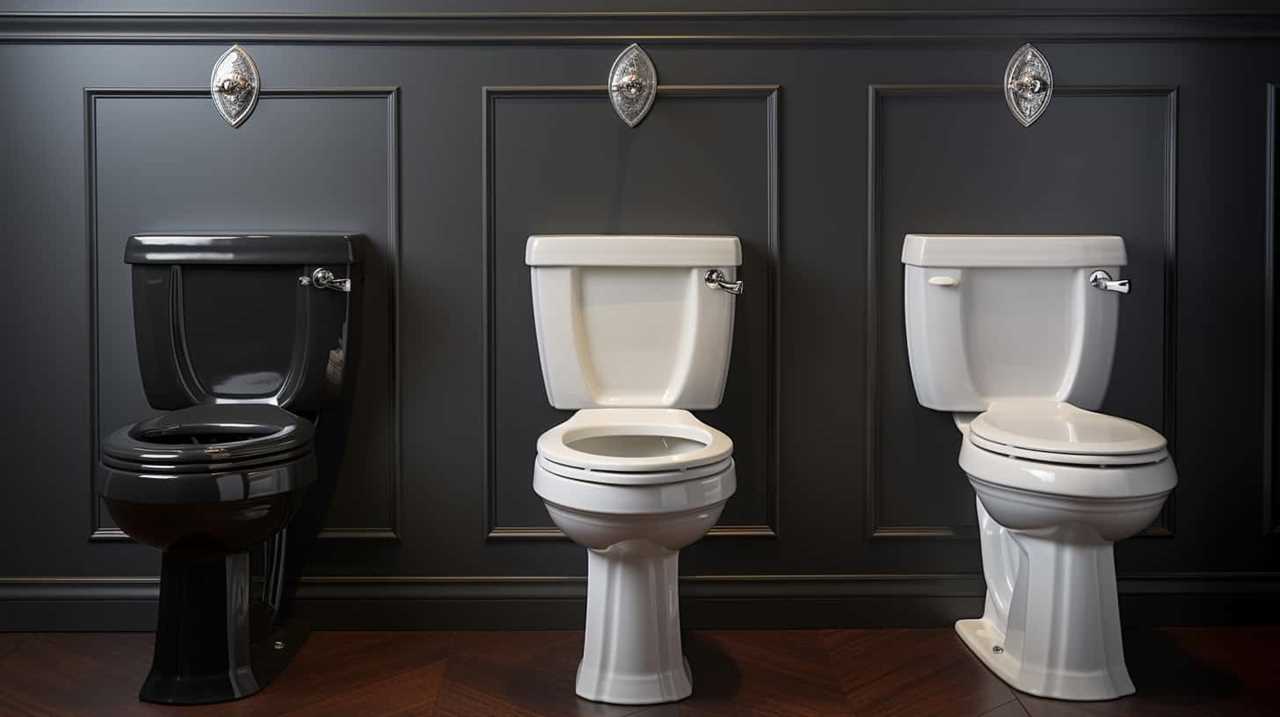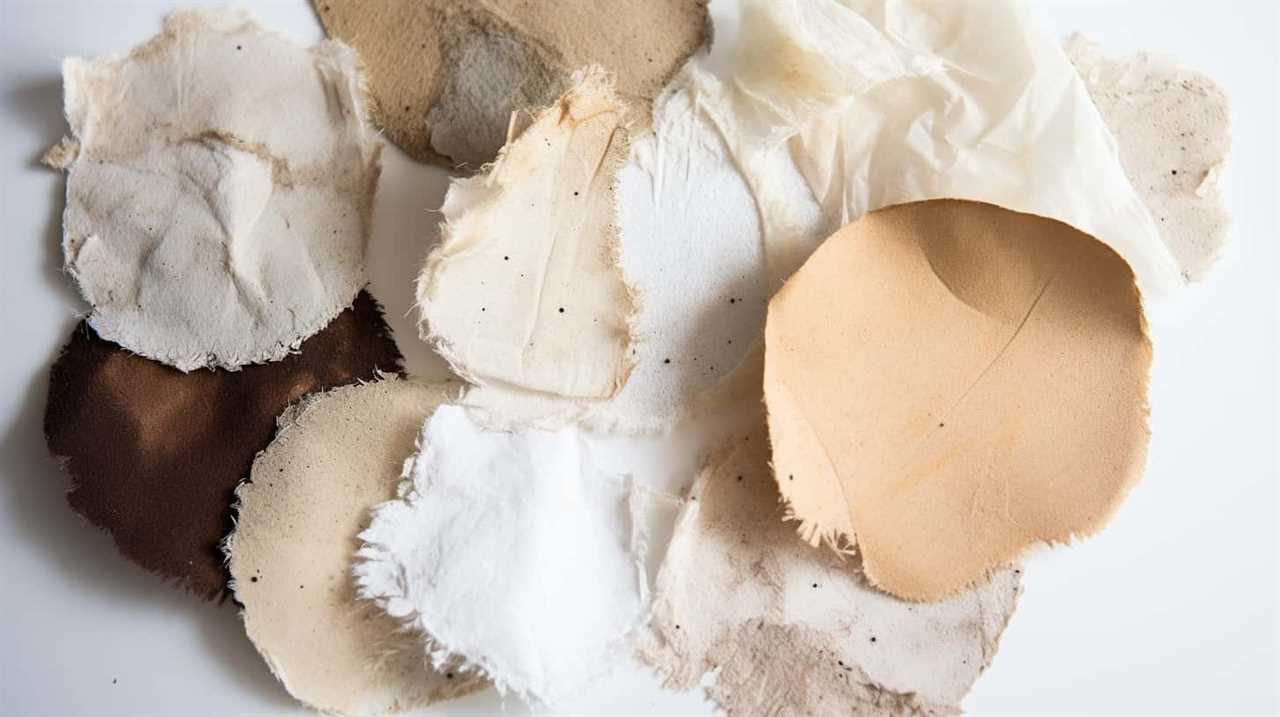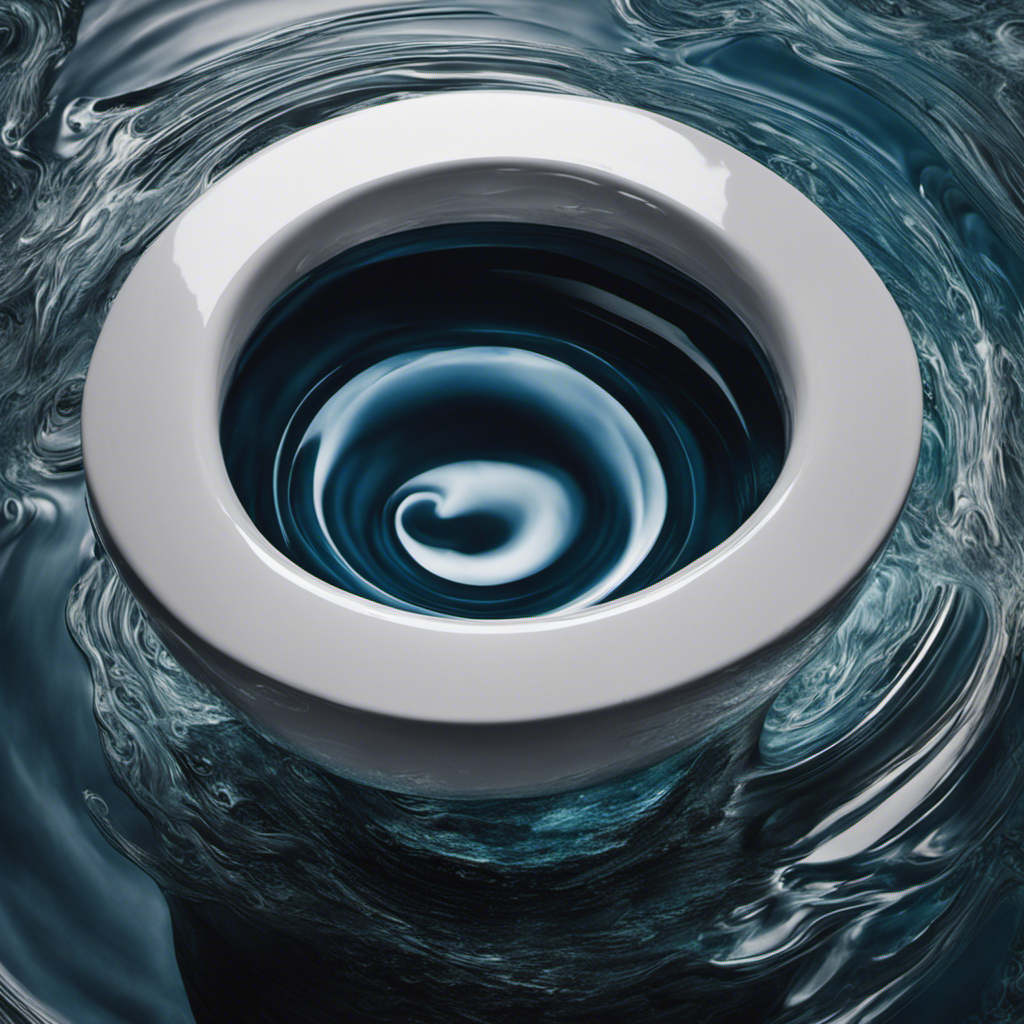Could our lavish shower habits be inadvertently harming our septic systems? It might sound surprising, but there’s data indicating that prolonged showers can adversely affect the health of our septic systems.
In this article, we will explore how septic systems work, the consequences of excessive water usage, signs that our septic system may be struggling, and practical tips for reducing water consumption.
Let’s dive into the intricate relationship between long showers and the health of our septic systems.
Key Takeaways
- Long showers can overload septic systems and lead to clogging and backups.
- Installing low-flow showerheads and limiting shower times can help reduce water usage and minimize the amount of wastewater generated.
- Conserving water is beneficial for septic systems as it reduces strain, extends lifespan, and maintains a healthy balance of bacteria in the septic tank.
- Regular inspections of septic systems are crucial for early detection of problems and to ensure proper functioning.
How Septic Systems Work
To understand how septic systems work, we need to grasp the fundamental principles behind their operation. Septic systems are underground wastewater treatment structures commonly used in rural areas without centralized sewer systems.

They consist of a septic tank and a drainfield, also known as a leach field. The septic tank receives wastewater from the house and separates solid waste from the liquid. The liquid portion, or effluent, flows out of the tank and into the drainfield, where it’s further treated and eventually absorbed into the soil.
Proper septic system maintenance is crucial to ensure their efficient operation. Regular pumping of the septic tank is necessary to remove accumulated solids, while avoiding the use of septic system additives is recommended by experts. These additives claim to enhance system performance but lack scientific evidence to support their effectiveness.
It’s essential to rely on evidence-based practices for septic system maintenance to avoid potential harm and ensure longevity.
The Impact of Excessive Water Usage
Excessive water usage can have a detrimental effect on septic systems, particularly on the drainage capacity of the drainfield. When too much water is used in a short period of time, it overwhelms the system’s ability to efficiently treat and dispose of wastewater. This can lead to clogging and reduced effectiveness of the drainfield, resulting in the need for costly repairs or replacement.

Moreover, excessive water usage not only strains septic systems but also has a significant environmental impact. It contributes to the depletion of water resources, especially in areas where water scarcity is a concern. Additionally, excessive water usage increases energy consumption for water treatment and distribution, leading to higher carbon emissions.
Therefore, practicing water conservation isn’t only beneficial for septic systems but also for the overall sustainability of the environment.
Signs of a Struggling Septic System
In our article about the impact of excessive water usage on septic systems, it’s important to address the signs that indicate a struggling septic system. Recognizing these signs is crucial for septic system maintenance and to prevent costly repairs.
One common sign of a struggling septic system is slow draining sinks, showers, or toilets. This may indicate a blockage or a full septic tank.

Another sign is the presence of foul odors in or around your home. These odors can be caused by a buildup of waste or a leaking septic tank.
Additionally, if you notice that your grass is unusually lush and green over the drain field, it may indicate that the septic system isn’t properly processing waste.
Being vigilant and addressing these signs promptly can help prevent further damage and the need for extensive septic system repair.
Tips for Reducing Water Consumption
We can conserve water and support the health of our septic systems by implementing simple strategies to reduce water consumption. By adopting water-saving techniques and using eco-friendly showerheads, we can minimize the strain on our septic systems and contribute to a sustainable environment. Below are some effective tips for reducing water consumption:

| Water Saving Techniques | Benefits |
|---|---|
| Fixing leaks promptly | Prevents water wastage and potential damage to septic systems |
| Installing low-flow fixtures | Reduces water usage without compromising water pressure |
| Taking shorter showers | Reduces overall water consumption |
| Collecting and reusing rainwater | Provides an alternative water source for non-potable uses |
Using eco-friendly showerheads is another practical approach to conserve water. These showerheads are designed to limit water flow while maintaining a satisfying shower experience. By adopting these strategies, we can minimize water usage and ensure the longevity of our septic systems.
Balancing Long Showers and Septic System Health
To maintain the health of our septic systems, it’s essential to find a balance between enjoying long showers and conserving water. While prolonged showers can strain the capacity of septic systems, proper maintenance and awareness can help mitigate any negative impact.
Regular septic system maintenance, such as pumping and inspection, is crucial to ensure that the system is functioning optimally. By adhering to recommended maintenance schedules, we can prevent build-up and blockages that can result from excessive water usage.
Additionally, being mindful of our septic system’s capacity is essential. Understanding the size and limitations of our system can help us make informed decisions about our water usage.

Implementing simple conservation measures, such as installing low-flow showerheads and limiting shower times, can significantly reduce water consumption while still allowing us to enjoy our showers.
Frequently Asked Questions
Can Long Showers Cause Damage to Septic Systems?
Long showers can potentially cause damage to septic systems. We need to analyze the effects of long showers on septic systems to understand the problems they can create.
What Are the Signs That a Septic System Is Struggling?
When it comes to our septic system, we need to be vigilant in identifying signs of trouble. From foul odors to slow drainage, knowing how to spot these issues is essential for maintaining a healthy septic system.
How Can Excessive Water Usage Impact the Functionality of Septic Systems?
Excessive water usage can negatively impact septic system functionality. It can overload the system, causing it to become overwhelmed and potentially leading to backups or failures. Monitoring water usage is crucial for maintaining a healthy septic system.

Are There Any Tips for Reducing Water Consumption to Maintain a Healthy Septic System?
Reducing water consumption is essential for septic system maintenance. We must be mindful of our water usage to keep our septic systems healthy. Let’s explore some tips and tricks for conserving water and preserving our septic systems.
Is It Possible to Balance the Desire for Long Showers With the Health of a Septic System?
Balancing water conservation and maintaining septic health can be challenging. However, we have found that limiting the length of showers and installing low-flow showerheads can help reduce water usage without compromising the septic system’s health.
Conclusion
In conclusion, taking long showers can put a strain on septic systems, causing potential problems down the line.
Like a delicate balance, it’s crucial to find a sweet spot between indulging in those relaxing showers and preserving the health of our septic systems.

By being mindful of our water consumption and making small changes, we can ensure the longevity and efficiency of our septic systems, keeping them running smoothly like a well-oiled machine.










